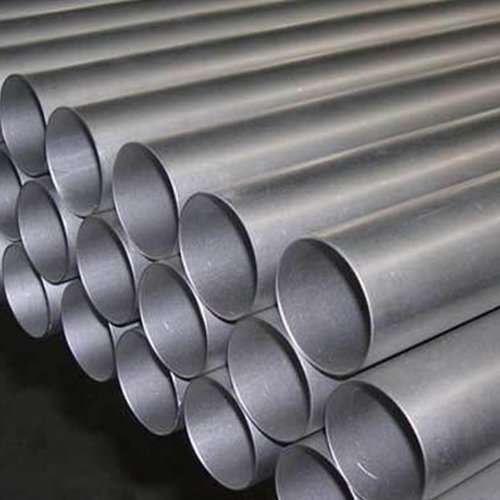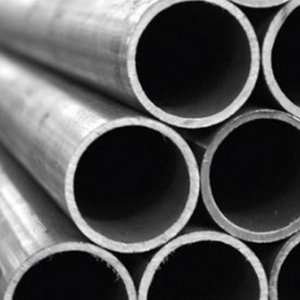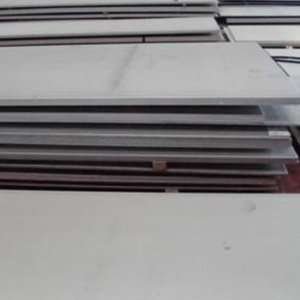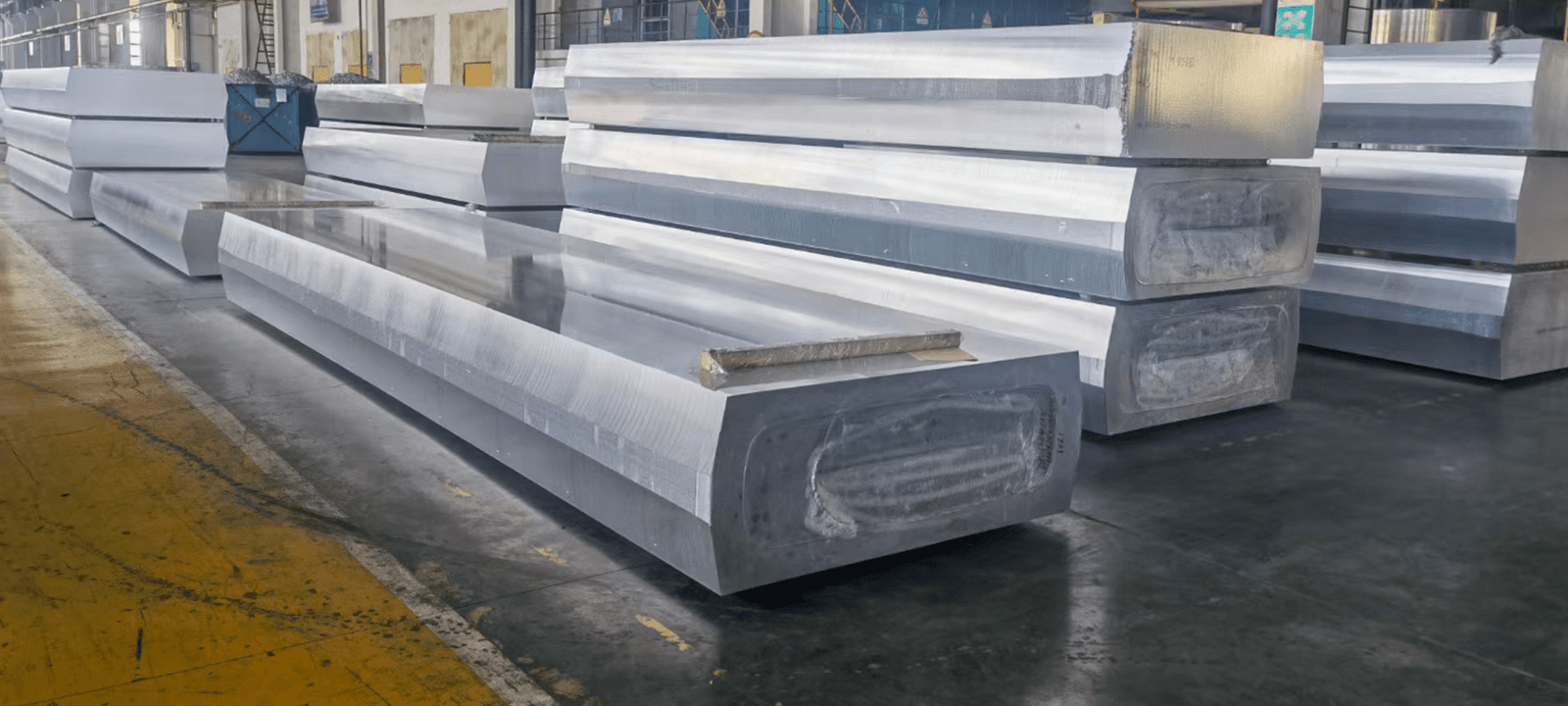Titanium Grade 23 (6Al-4V ELI)
- Brilliant for saltwater environments
- Machinable at slow speed with the right amount of coolant flow and high feed rates
- Great fracture toughness and fatigue strength
- Highly durable and resistant to corrosives
Description
Titanium alloy grade 23 is a strong and durable alloy with excellent resistance against acidic or gaseous corrosions.
It is tough in air and saltwater environments and thus is deployed in the manufacturing of aerospace and marine vessels.
It is the most commonly used alloy of the alpha-plus-beta class.
The interstitial elements like Iron and Oxygen are low in concentration as compared to many other Titanium alloys such as TA1 (GR.1) , TA2 (GR.2), TA3 (GR.3), TA4 (GR.4). It confers to improved ductility of the material. Hence, it is also known as Ti-6Al-4V-ELI, where ELI stands for Extra Low Interstitial.
Being castable, it is also used in sporting goods.
Common Names:
- Ti-6Al-4V-ELI
- TAV-ELI
- Titanium 6Al-4V ELI
Chemical Properties:
- Titanium (%): 87.6-91
- Aluminum (%): 5.5-6.5
- Vanadium (%): 3.5-4.5
- Others (%): Remainder
Mechanical Properties:
- Yield Strength (MPa): 790
- Yield Strength (Ksi): 115
- Tensile Strength (MPa): 860
- Tensile strength (ksi): 125
- Break Elongation : 15 %
- Elasticity Modulus (GPa): 113.8
- Elasticity Modulus (ksi): 16150
- Hardness (Rockwell C): 35
Physical Properties:
- Density: 0.160(Lb/in3) /4.43 (g/cm3)
- Expansion Coefficient: 4.78(75-200 oF) /8.60 (25-100 oC)
- Dynamic Shear Modulus: 44(GPa) /6380 (psi)
- Melting point: 2919-3020(oF) / 1604 – 1660(oC)
- Thermal Conductivity: 6.70 (W/mK) / 46.5(BTU-in/hr-ft2–oF)
- Poisson’s ratio (No unit): 0.342
Key Features:
- Incredible ductility: The Ti 6Al-4V ELI is a highly malleable material. It can be shaped easily into parts that are desirable for machinery. The ELI property confers this quality to the alloy, and hence it is readily accepted in multiple industrial manufacturing units.
- Superior damage and corrosion resistance: Titanium grade 23 can efficiently resist gaseous and acidic corrosion of any form. Thus, it can stay free from damage for a longer period, thus increasing the lifetime of the machinery formed out of it.
- Lightweight but durable: Though this alloy is lighter than many, yet it has impressed the industries with its incredible strength. Thus, it is effectively used in the construction of aerospace and marine industries.
Product Forms Available:
- Rod, Round bars, Wires, Forging stock, Strip, Sheet, Plate, Extrusion
Rod, Bar, Wire, and Forging Stock
- AMS 4930, AMS 4931, AMS 4956, ASME SB-348, ASTMF136, MIL-T-9047, MIL-F-83142A, MIL-T-9046
Plate, Sheet, and Strip
- MIL-T-9046, AMS 4907, ASME SB-265, ASTM F136
Welding Wire
- ASME SB-348, AMS 4930, AMS 4931, AMS 4956
Applications:
- Surgical implants
- Aerospace industry
- Structural components
- Saltwater applications
- Chemical processing
- Medical equipment
Possible Alternative Grades:
- Titanium Grade 7: This is a tough alloy with excellent corrosion resistance. It is known for its superb weldability and fabrication properties.
- Titanium Grade 4: Being highly resistant to corrosion, this alloy suits a lot of machinery. The ductility is a bit low compared to grade 23, but it is equivalent in strength.
Frequently Answered Questions:
- What is the temperature range for rough forging?
Rough forging can be started at 982oC and completed at 968oC.
- How aging is performed?
Aging is performed at 538oC for about 4-hours and then air-cooled.
- What tool types are recommended for machining grade 23?
The recommended tools are Tungsten carbide designations C1-C4 or cobalt-based.
Get A Free Quote Now!








